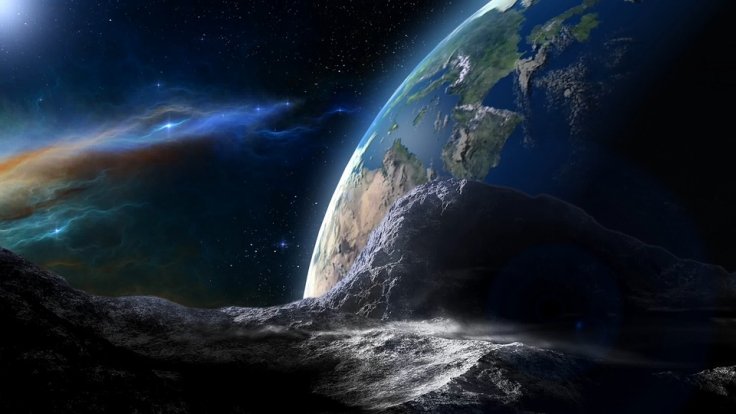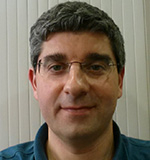
When NASA is upbeat about its search for exoplanets, the annual Herald Design Forum of Korean Herald opened its session on Thursday raising a provocative question: "Do we need another planet?"
In an era called the "Anthropocene," marked by significant human impact on Earth's geology and ecosystems, mankind may be facing an imminent decision about the future of this blue planet amid ecological challenges such as global warming, exhaustion of natural resources and worldwide pollution.
While SpaceX founder Elon Musk advocates an imminent interstellar travel for solutions, South Korean Prime Minister Lee Nak-yon, in his message delivered at the opening ceremony, said the challenge is not new and or urgent.
"This year's theme appears to reflect the sense of urgency that the situation has become so dire that the Earth may need to find another planet. Such issue has been worldwide since long ago, but collective action has been lacking. I hope that experts from in and out of Korea can gather their knowledge," he said.
In his opening speech, Herald Corp. Chairman Jung Chang-sun asked, "What is the limit to the sustainability of the Earth's environment? And is it the planet that is in peril, or the civilization of humanity? We seek to exchange wisdom and insight through the forum."
The ninth event since its inception in 2011 at Seoul, this year's Herald Design Forum focused on finding a solution to the issue of how design can contribute to sustainable life on the planet, beyond artistic values.
"When we talk of design, we tend to associate it with the exterior. But design is beyond that. It accompanies the change in the essential. To change the preexisting order and culture, to improve the life of humans. Design has contributed to the evolution of civilization," said South Korean Prime Minister Lee.
In his address titled, "Finding Earth-like planets in our galactic neighborhood," Ignasi Ribas, director of the Institute of Space Studies of Catalonia and a researcher at the Institute of Space Sciences, Spanish National Research Council, has stressed on preserving the Earth's environment than migrating to another planet, which is totally a science fiction, at least as of now.

"Can another planet be a possible second home? The answer is no, and if it is possible, it would take forever to get there," said Ribas. Pointing out the possibility of an asteroid collision, he said it is a rare possibility, with chances of once in 7 million years.
Ribas, who has been involved in projects to discover new planets that are similar to Earth, including Carmenes and European Space Agency space missions Cheops, Plato and Ariel, is known for his landmark discovery of the so-called "super-Earth" Bernard Star b six light years away, orbiting Barnard's Star which is the closest single star to the sun and second only to the Alpha Centauri triple stellar system.
Astronomers have discovered around 4,000 planets outside the solar system but Earth is unique out of potentially billions of planets in our galaxy and finding one with similar features is a dream, perhaps, at light years away.
Reaching Proxima Centauri, which is one of the nearest destinations to find a planet that is potentially habitable, would take 75,000 years of travel, he reminded. Of the 21 potentially habitable planets marked so far, it is uncertain how many of them have water and solid surface that we find on our blue planet. he noted.
"Earth is still unique and the best place for us to live in, by all means," Rabis said, brushing aside the idea of leaving our planet at least for few more centuries. "We really have to look after what we have," is his final message to the world amidst fears of asteroid attacks or nuclear destruction.









